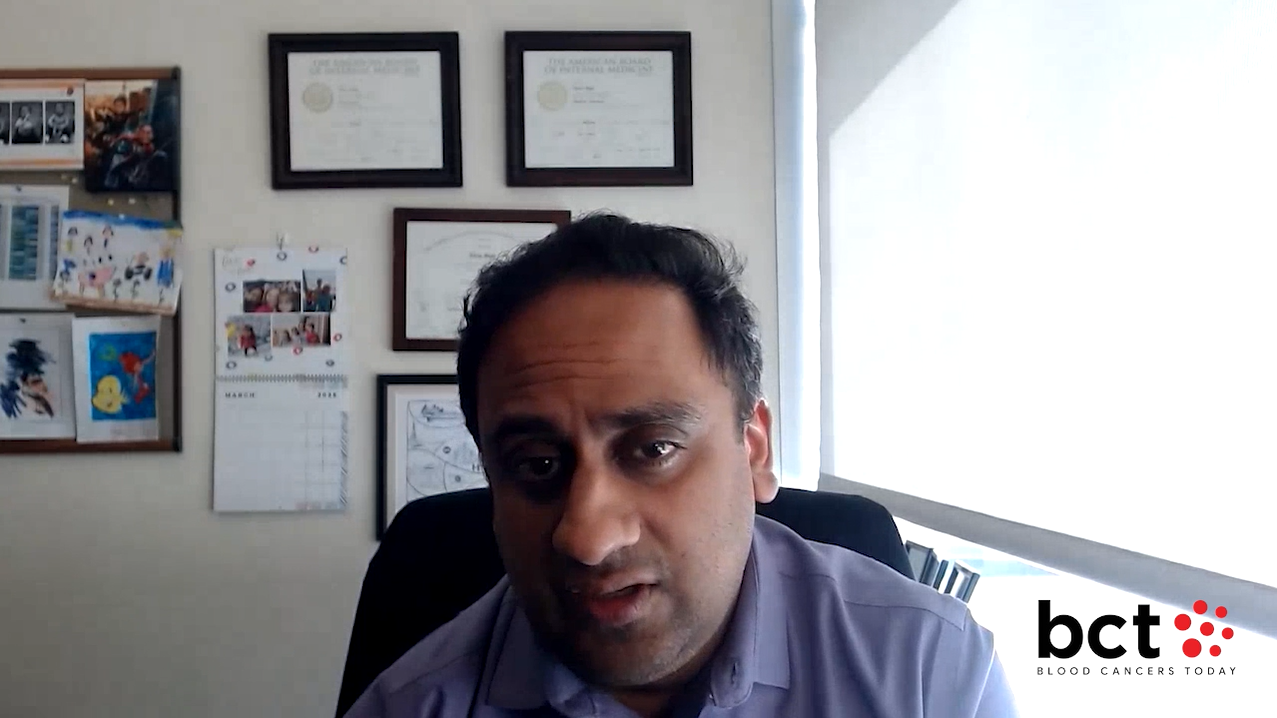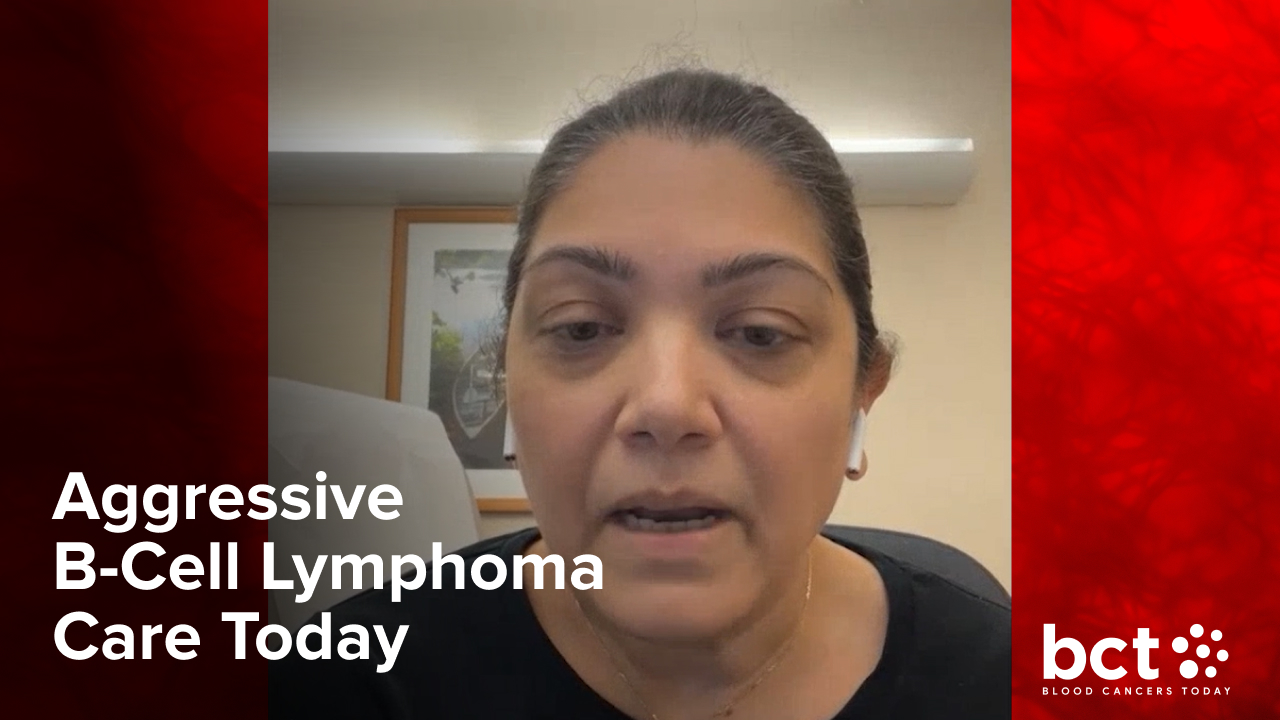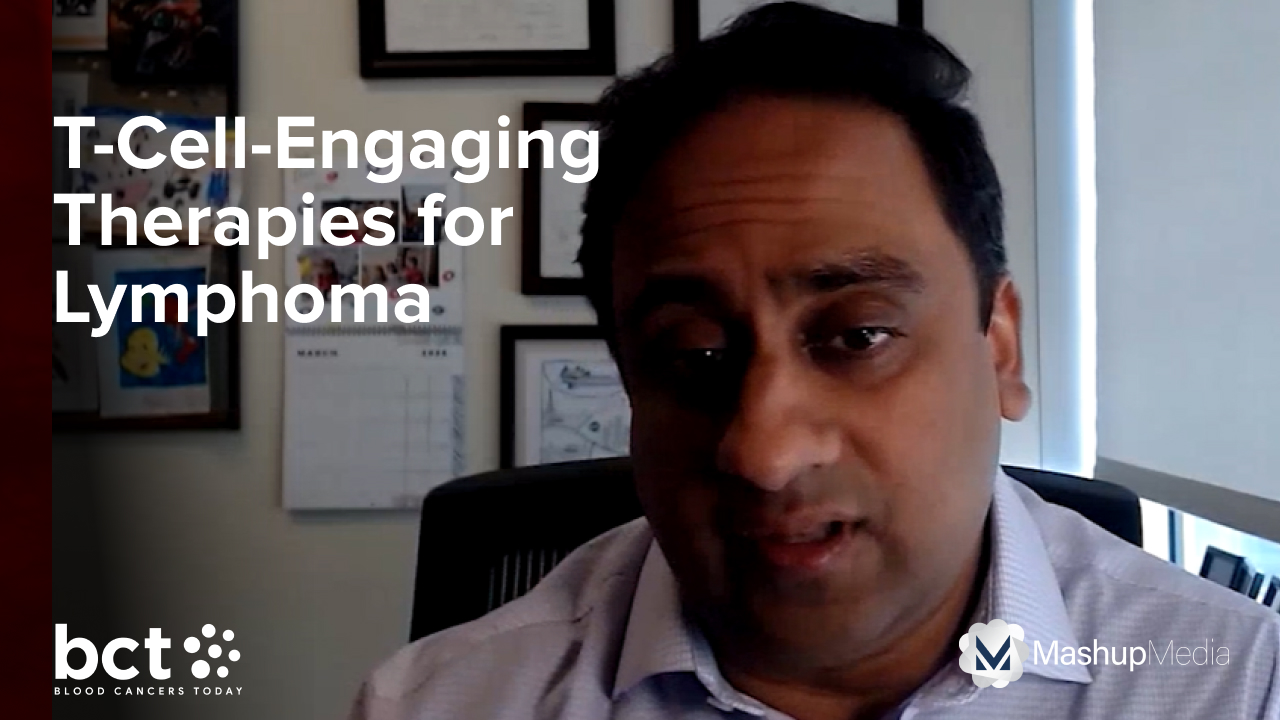
In January, a private equity firm announced that it would buy MarketScan, a group of databases containing sensitive patient information that contains the health records of 270 million Americans, or 82% of the population, for $1 billion.
When it was built in 1981, MarketScan wasn’t intended to become a dossier on patients to be sold for profit, according to a report in STAT. Founder Ernie Ludy, a former executive at Blue Cross Blue Shield, set out to disrupt the health insurance industry. His goal was to collect patient data and provide it to large companies looking to lower costs by obtaining a more granular view of employees’ health-care usage.
Given the multibillion-dollar marketplace around anonymized health data bought and sold without patients’ knowledge or consent, MarketScan’s value to large companies like Amazon or Google is unmistakable. But even smaller technology companies are interested in patient data that can be fed into software and artificial intelligence tools for financial returns.
Mr. Ludy expresse concern about what this means for consumers. “I don’t believe there’s nearly enough governance around how people can use personal information, whether it’s health-care [data] or not,” he said.
Consumers need better transparency and disclosure around their data, he added, as well as a portion of the wealth generated from their data, perhaps through royalties.
“That would mean some of the exponential value that technology companies are gaining by using this derivative information gets shared,” said Mr. Ludy. “Without data, there is no AI. Without data, there is no machine learning.”
“As a patient you may have confided in me secrets you may not have even told your spouse or your best friends because you’ve held on to it for so long, but the moment I document it in the medical record, I can’t tell you who’s going to be able to see that anymore,” Harlan Krumholz, MD, a cardiologist and Director of the Center for Outcomes Research and Evaluation at Yale University, told STAT.
“Monetizing my own sensitive health data in ways that may not be consonant with my preferences should be out of bounds,” Dr. Krumholz added. “It’s a business model gone awry.”
Although the lack of controls over this sensitive information is disquieting, Mr. Ludy hopes MarketScan will become part of a broader effort to develop software that can draw rapid, meaningful insights from health data to improve medical services.
Source: STAT, February 1, 2022.






 © 2025 Mashup Media, LLC, a Formedics Property. All Rights Reserved.
© 2025 Mashup Media, LLC, a Formedics Property. All Rights Reserved.